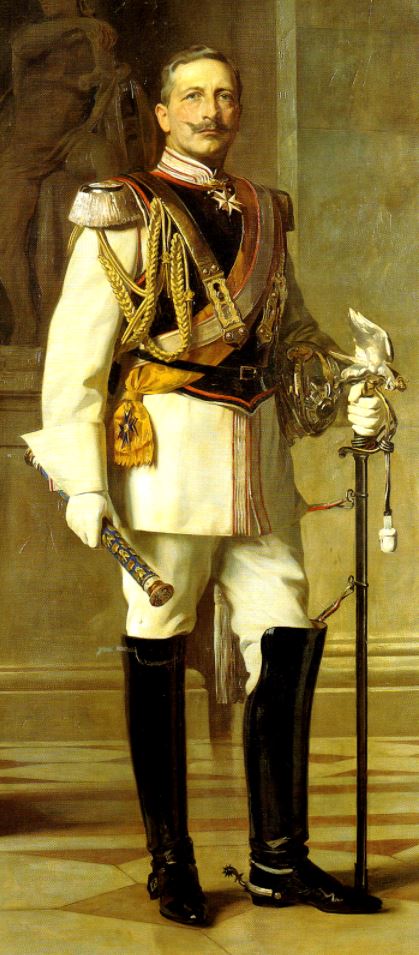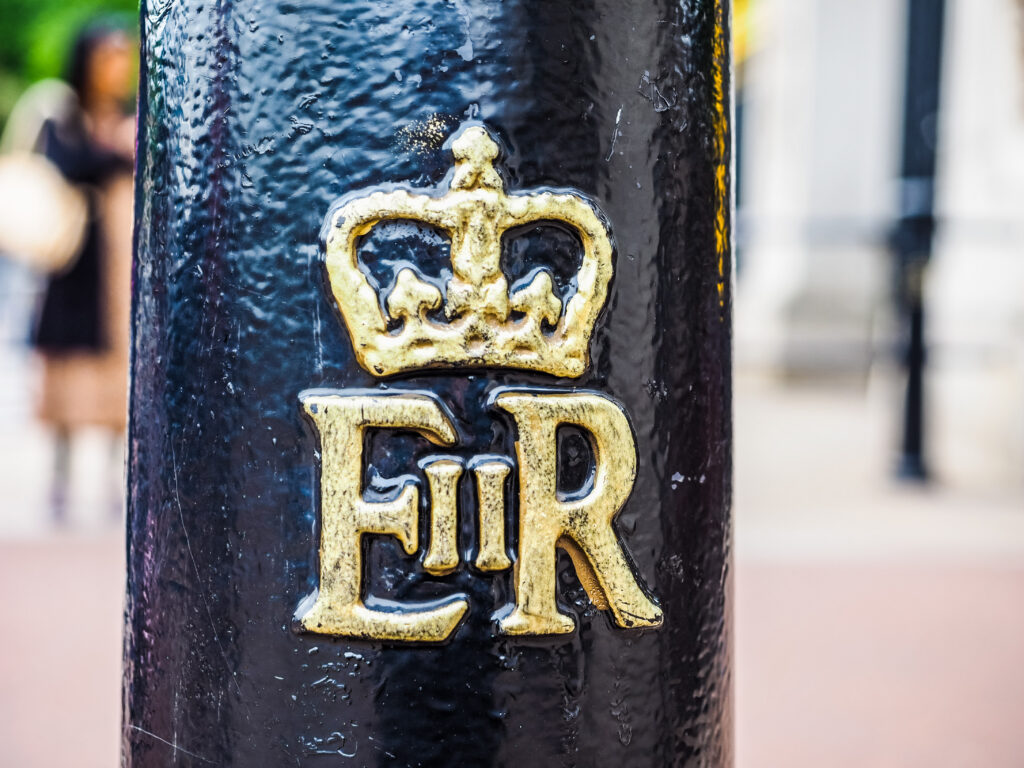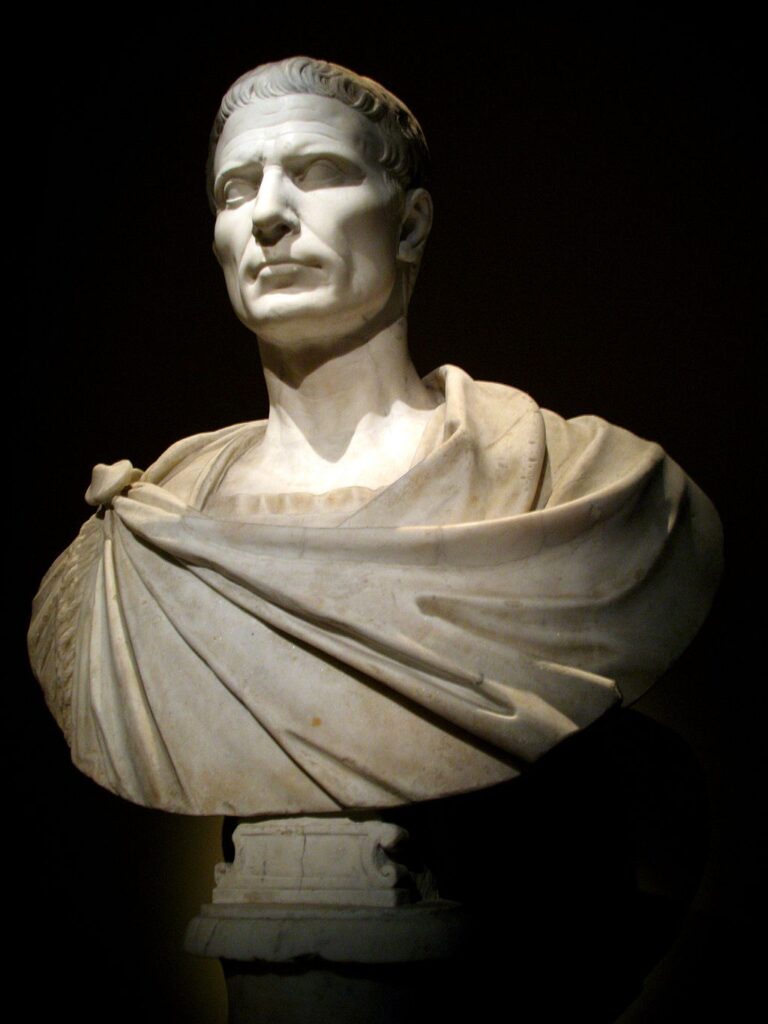
Emperor, King, Kaiser, König, Roy, Rey, Re… where do these titles come from? Some of these titles have shared origins, others are surprisingly different. Many different titles like Pharaoh, Khan, and Sultan have been used by monarchs, most countries have adopted titles that are quite similar and share a similar background.
Differences Between Emperor and King
A King rules a Kingdom, an Emperor rules an Empire. I know, pretty simple. However, the differences between a Kingdom and an Empire are pretty substantial. A King might not be the supreme ruler of the land. On the contrary, an Emperor is always the supreme leader. The title Emperor was usually given to a male sovereign ruling over multiple kingdoms, thus Kings in an Empire were subjects to the Emperor.

Kings Who Became Emperors
Three classic examples are Augustus, Napoleon, and Charlemagne. Augustus was the first Roman Emperor, the first Roman ruler to have unlimited power over many lands. Charlemagne, the king of the Franks, was first King of the Franks, then King of the Lombards and eventually Emperor of the all the Romans of the “Holy Roman Empire”, a complex of western and central European territories. Napoleon became an emperor after conquering other kingdoms.
The Anglo-Saxon Origin of King
The word King derives from the Anglo-Saxon word cyning, which derived from the old Germanic Kunigaz, a term still used in Estonia and Finland. The word itself was used to define the Tribal ruler of kins. In fact, the word cynn, most likely meant family or race, thus the original meaning of the word was “leader of people”.
The Latin Origin of Kaiser and Tsar

King and Kaiser do not have the same origins although they might sound related. The title of Kaiser and the Russian Tsar derive directly from the Roman Emperor’s title of Caesar. The title Kaiser was usually only used by the the German and Austrian Emperors while the term Tsar was used Bulgaria, Serbia and Russia.
The Title Caesar
Caesar was the cognomen (last name) of Gaius Julius Caesar, the father of the first Roman Emperor of the Julia-Claudian dynasty. The title was then used by many Roman Emperors centuries after his death.
The Latin origin of Rex

Rex was the title used for the Chief Magistrate of Rome, the “King of the Romans”. Rome had 7 Kings before they became a republic and those were not happy days. After the unfortunate experience, Romans did not want to have other Kings so they even avoided the title Rex even when the Caesars became emperors. As a result, the name Caesar became synonym with Emperor more than Rex.
Rex, Roy, Rey and other similar titles in different languages all derive from the Latin term which became common again in the Middle Ages. Interestingly enough, the monogram of modern monarchs like Queen Elizabeth II of the United Kingdoms is E II R, Elizabeth II Regina (female version of Rex).

Emperors and Dictators
The title of Emperor derives from the Latin Imperator, a Roman title give to a successful Army General. This is why the firs Emperor was called Imperator Caesar Divi Filius Augustus.
Dictator has also a Latin origin and it goes back the Roman Republic. The Romans knew that during wars ensuring quick decision making between two consuls and a senate would prove difficult. One of the consuls or a general was nominated “Dictator” for a limited period of time during wars. The first lifetime Dictator was Julius Caesar, who through a series of legal maneuvers transformed the state into a legal autocracy but never became an official Emperor.
The Last Emperor

There is only one Emperor left and he is an Emperor only in title. Naruhito is the Emperor of Japan, but he does not have any political or executive power. At the end of World War II, the figure of an Emperor was kept as a symbol for all Japanese. Although the Emperor is not considered a god, he honored as the symbol of an important religious and ceremonial Japan. Japanese, wanted to give him a supreme title that was bigger than a mere king. Consequently, the title of Emperor was kept even if the Japanese Empire no longer existed.